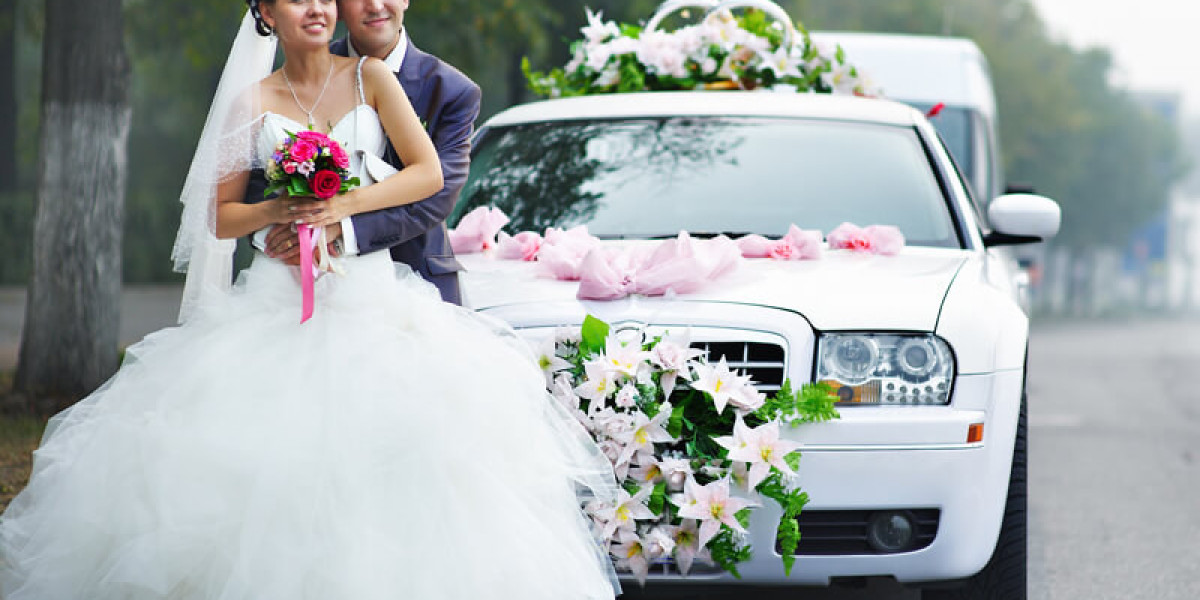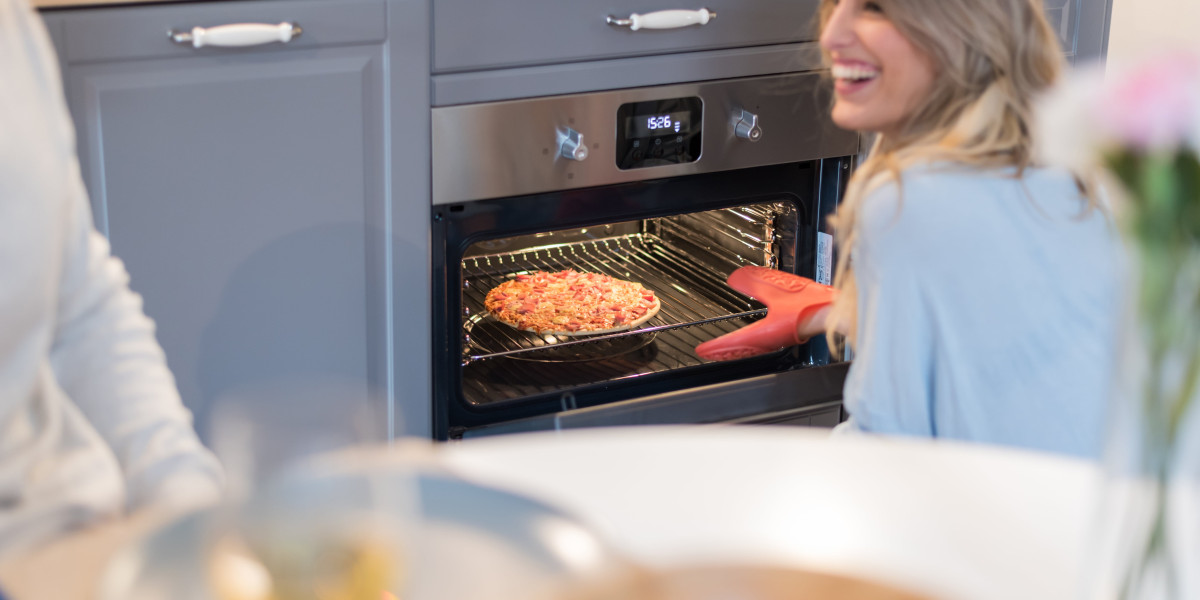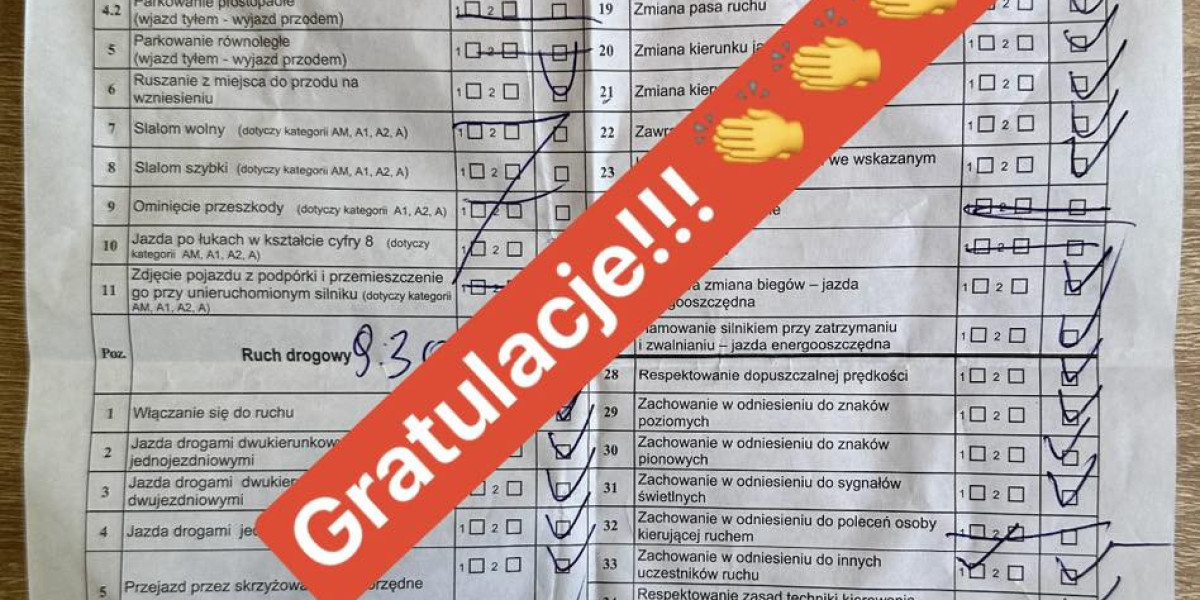At Royal Lux Limo, we understand that your Weddings day is one of the most significant moments of your life. Our commitment is to ensure that every aspect of your day is nothing short of perfect, starting with the transportation.
We specialize in providing elegant and sophisticated transportation services tailored specifically for weddings. Our fleet of meticulously maintained luxury vehicles, including the stunning Cadillac Escalade and the spacious Mercedes-Benz Executive Class Sprinter, offers the perfect blend of style and comfort for your special day.
Your journey begins with us from the moment we arrive. Our professional chauffeurs, dressed in impeccable attire, are not only skilled drivers but also dedicated to providing a service that’s as memorable as it is luxurious. They ensure a seamless and stress-free experience, giving you one less thing to worry about on your wedding day.
A wedding is much more than a ceremony — it is a profound cultural and emotional event that symbolizes the union of two individuals in love, along with the coming together of their families, values, and aspirations. Weddings have been celebrated across centuries and civilizations, evolving in form, customs, and meaning, but at their core, they continue to mark one of the most significant milestones in a person’s life.
The Significance of a Wedding
A wedding is a public declaration of love and commitment. It formalizes the relationship in the eyes of society, law, and often religion. It is a ritual that not only unites two people but also fosters community bonds, celebrates traditions, and serves as a rite of passage. From the vows exchanged to the ceremonial customs, every element carries symbolic meaning, representing promises, new beginnings, and a shared future.
Types of Weddings
Weddings vary greatly across cultures, religions, and regions. Here are a few types:
1. Religious Weddings
These are performed according to the doctrines and customs of a particular religion. Common types include:
Christian Weddings: Often held in churches, officiated by a priest or pastor, featuring Bible readings, hymns, and the exchange of vows and rings.
Hindu Weddings: Rich in rituals and symbolism, involving sacred fire (Agni), the seven steps (Saptapadi), and blessings from elders and deities.
Islamic Weddings (Nikah): A legal contract signed in the presence of witnesses, often accompanied by readings from the Quran and a dowry (Mahr).
Jewish Weddings: Includes traditions like the Ketubah (marriage contract), breaking of the glass, and the ceremony under the Chuppah.
2. Civil Weddings
Civil weddings are non-religious and officiated by a legal authority such as a judge, magistrate, or civil celebrant. They offer flexibility in terms of location, structure, and wording of the vows, making them a popular choice for interfaith or secular couples.
3. Destination Weddings
These are held in a location away from the couple’s hometown, often in exotic or scenic places like beaches, castles, or resorts. Destination weddings combine celebration with travel and are often more intimate in size.
4. Themed and Cultural Weddings
Modern couples often incorporate themes, ranging from vintage or bohemian styles to fantasy or pop culture inspirations. Cultural weddings honor ancestral traditions and often include attire, cuisine, and ceremonies unique to the couple’s heritage.
Traditional Wedding Elements
Though weddings differ globally, many share some common elements:
The Proposal: Traditionally, one partner asks the other for their hand in marriage, often with a ring.
Engagement: A formal declaration of intent to marry, often celebrated with parties and gatherings.
Pre-Wedding Rituals: These may include bridal showers, bachelor/bachelorette parties, henna nights, and religious blessings.
The Ceremony: The core event where vows are exchanged. It may be simple or elaborate, short or long, depending on culture and preference.
The Reception: A celebration with food, music, dancing, and toasts. It's where the couple is introduced to the public as newlyweds.
Wedding Attire: Bridal gowns, tuxedos, traditional garb, or creative outfits reflect both personal taste and cultural norms.
Symbolic Gestures: From ring exchanges to unity candles and first dances, these acts carry deep symbolic meaning.
Modern Wedding Trends
Weddings in the 21st century have evolved with changing values, technology, and social norms. Here are a few modern trends:
Personalization: Couples now craft their own vows, choose unique venues, and incorporate personal stories into the ceremony.
Intimate Celebrations (Micro Weddings): Smaller guest lists allow for more meaningful interactions and budget-conscious planning.
Virtual Weddings: With global connectivity and recent pandemic-induced shifts, many couples opt for virtual attendance or livestreamed ceremonies.
Eco-Friendly Weddings: Sustainability is on the rise with eco-conscious choices like digital invites, recycled décor, and local catering.
Non-Traditional Roles: It’s increasingly common to see women proposing, friends officiating, and mixed-gender bridal parties.
Inclusive Celebrations: Same-sex marriages, multicultural fusions, and diverse family structures are being beautifully and respectfully celebrated.
Planning and Preparation
Wedding planning can be exciting but also challenging. It typically involves:
Budgeting and saving
Choosing a date and venue
Hiring vendors (caterers, photographers, planners)
Designing invitations and guest lists
Shopping for outfits
Coordinating logistics and legal documents
Many couples hire wedding planners to manage the stress and ensure a smooth experience, while others enjoy the DIY route, curating every detail themselves.
The Emotional Journey
Beyond the flowers and dresses, weddings are deeply emotional. They mark the end of one chapter and the beginning of another. They bring people together, mend old bonds, and create unforgettable memories. For many, it’s a dream fulfilled. For others, it’s a foundation for building a life with their best friend.
In Conclusion
A wedding is not just about a single day of celebration — it’s the start of a lifelong journey. Whether grand or humble, traditional or modern, what matters most is the love shared between two people. As times change, weddings continue to evolve, yet their essence remains the same: a powerful, joyous expression of love, unity, and hope for the future.





